
Pharmacy benefit managers (PBMs), once just administrators created to ease claims processing, have grown to a position of power that comes with conflicts of interest aplenty, said a panel at Patient-Centered Oncology Care® 2020.

Pharmacy benefit managers (PBMs), once just administrators created to ease claims processing, have grown to a position of power that comes with conflicts of interest aplenty, said a panel at Patient-Centered Oncology Care® 2020.

Harlan Levine, MD, highlighted the chasm present in oncology today during his talk during this year’s Patient-Centered Oncology Care® 2020 conference.

A panel at Patient-Centered Oncology Care® 2020 discussed the challenges of a pandemic as oncology practice transformation initiatives continue on.

Speakers at Patient-Centered Oncology Care® highlighted injustices in the US health care system, the risk of financial toxicity, and how providers can do a better job to ensure their patients achieve health equity, during a panel discussion.

CMMI's Alexandra Chong, PhD, discusses COVID-19 related flexibilities under the Oncology Care Model, and a panel discusses its successor.
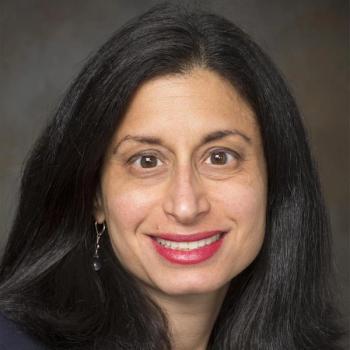
A gradual acceptance among physicians has been observed in adopting quality care initiatives that provide cost-saving, improved patient experience in cancer care, noted Kerin Adelson, MD, of Smilow Cancer Hospital at Yale New Haven/Yale Cancer Center.

Testing for coronavirus disease 2019 (COVID-19) before procedures has become a fixture of City of Hope's efforts to protect patients with cancer and staff, noted Harlan Levine, MD, president of Strategy and Business Ventures at City of Hope.
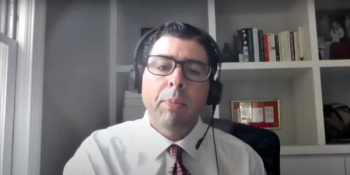
Aligned with ASCO's Patient-Centered Oncology Payment model, Anthem has launched its value-based strategy called the oncology medical home, which seeks to promote quality metrics and improve outcome measures in cancer care.
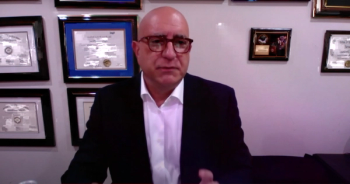
Progress within the adoption of clinical pathways, particularly in achieving standardization in cancer care, will be further discussed at Patient-Centered Oncology Care 2020®.
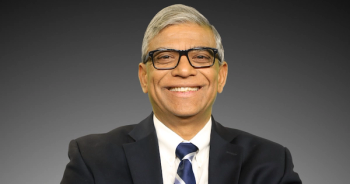
The uncertainties precipitated by the coronavirus disease 2019 (COVID-19) pandemic around cancer care delivery are a challenging topic to be further addressed at this year’s Patient-Centered Oncology Care® 2020 virtual meeting.

Through this year's virtual format for Patient-Centered Oncology Care® 2020, participants will be able to attend sessions, ask questions, and gain insight in an immediate, efficient way.
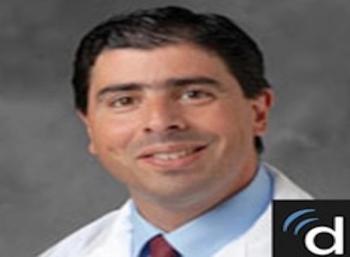
The opportunity that precision medicine presents in the field of oncology will be further discussed during this year’s Patient-Centered Oncology Care® 2020 virtual meeting.

As cancer care providers, aligning care with each patient's personal goals is a key point to be further discussed at this year's Patient-Centered Oncology Care® 2020 virtual conference.
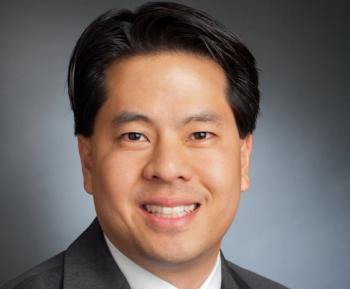
For this year's Patient-Centered Oncology Care® 2020 virtual conference, the discussion on clinical pathways will address how to optimize new data on innovations within oncology.
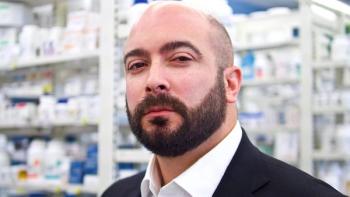
At this year's Patient-Centered Oncology Care® 2020 virtual conference, purported lack of incentives, transparency in the supply chain of pharmacy benefit manager (PBM) operations, and the overall health care system will be discussed.

During a featured discussion at this year’s Patient-Centered Oncology Care® 2020 virtual meeting, innovations and subsequent challenges in employing these advances within the treatment of cancer will be addressed.

Understanding each patient's individual story is vital in the transition to patient-centered care. Additionally, matching patients with physicians of the same race and background can boost comfortability among patients.

Drs Joseph Alvarnas and Kashyap Patel, co-chairs of Patient-Centered Oncology Care® 2020, discuss what attendees can look forward to at the September 25 meeting.

An overview of the agenda and speakers who will appear at Patient-Centered Oncology Care 2020, which will be presented September 25 by The American Journal of Managed Care®.

The top 3 issues relevant within cancer care delivery to be discussed at this year's virtual Patient-Centered Oncology Care Conference 2020 will include COVID-19, pharmacy benefit managers, and alternative payment models.

Each Patient-Centered Oncology Care meeting provides dynamic, provoking conversations on the current and future landscape of oncology. This year's PCOC 2020 will work to continue this trend.
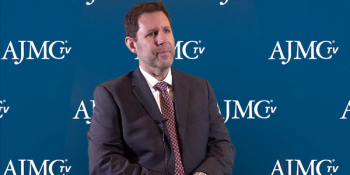
From a value-based medicine perspective, we think there's no greater value in the healthcare system than improving survival for cancer patients and reducing the costs of treating late stage cancer; we believe the GRAIL test could be the test case for how to make this transition, said Joshua Ofman, MD, MSHS, chief of Corporate Strategy and External Affairs at GRAIL Inc.
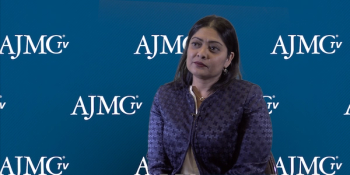
Pathways are not trying to restrict or take control of treating the patient from the physician, it’s actually trying to enhance that for the physician and take the guesswork of how to do that out of it, said Rani Khetarpal, MBA, vice president of Oncology Value-Based Partnerships at New Century Health.
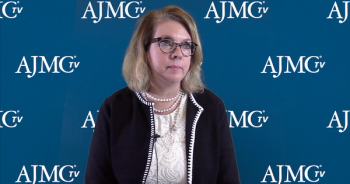
Blue Cross Blue Shield utilizes data to drive insights into what works and what doesn't work in cancer care, as well as, delineating trends through our collaboration with provider specialties and organizations across the US, said Jennifer Atkins, MBA, vice president of Network Solutions at Blue Cross Blue Shield.

The patient's voice is important in analyzing and evaluating the effectiveness of care, as well as in assessing the value of new treatments, said Stephen Edge, MD, FACS, FASCO, vice president of Healthcare Outcomes and Policy at Roswell Park Cancer Institute.

Through the risk-based, capitated model it has implemented, New Century Health promotes the ability to control drug costs without jeopardizing care for the patient, said Rani Khetarpal, MBA, vice president of Oncology Value-Based Partnerships at New Century Health.

Blue Cross Blue Shield is dedicated to maintaining local relationships to ensure they can provide the best care continuum to patients, said Jennifer Atkins, MBA, vice president of Network Solutions at Blue Cross Blue Shield.

GRAIL has generated enormous innovations in oncology care over the past 2 decades and will continue this trend through exploring 1 of oncology’s biggest opportunities, early detection of cancer, said Joshua Ofman, MD, chief of Corporate Strategy and External Affairs at GRAIL Inc.

While it is too early to provide insight into whether or not the OCF model will be successful, I think its preliminary ideas are a step in the right direction, said Rani Khetarpal, MBA, vice president of Oncology Value-Based Partnerships at New Century Health.

Former FDA Commissioner Scott Gottlieb, MD, who has returned to the American Enterprise Institute, left FDA in April after 2 whirlwind years that saw a record pace of approvals and policy actions that covered everything from high drug prices to teen vaping. He spoke Friday in Philadelphia at Patient-Centered Oncology Care®, the annual meeting of oncology reimbursement stakeholders held by The American Journal of Managed Care®.

259 Prospect Plains Rd, Bldg H
Cranbury, NJ 08512
© 2025 MJH Life Sciences®
All rights reserved.
